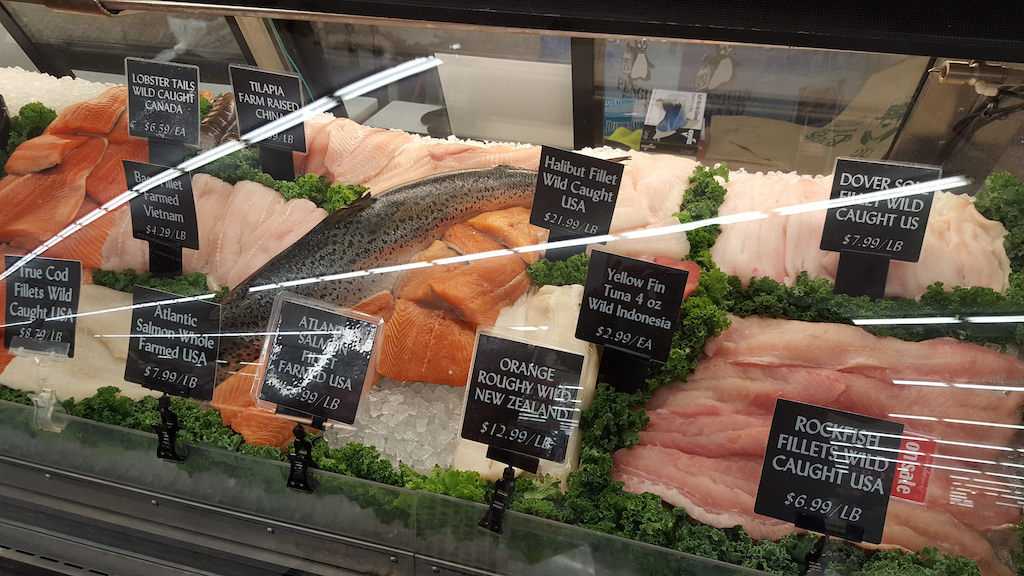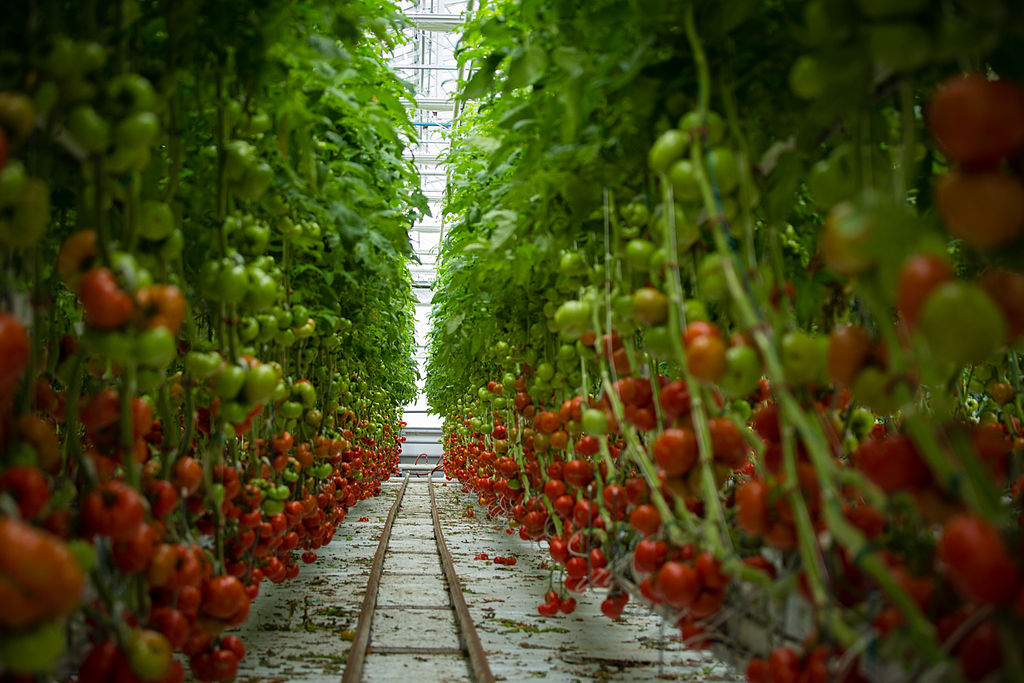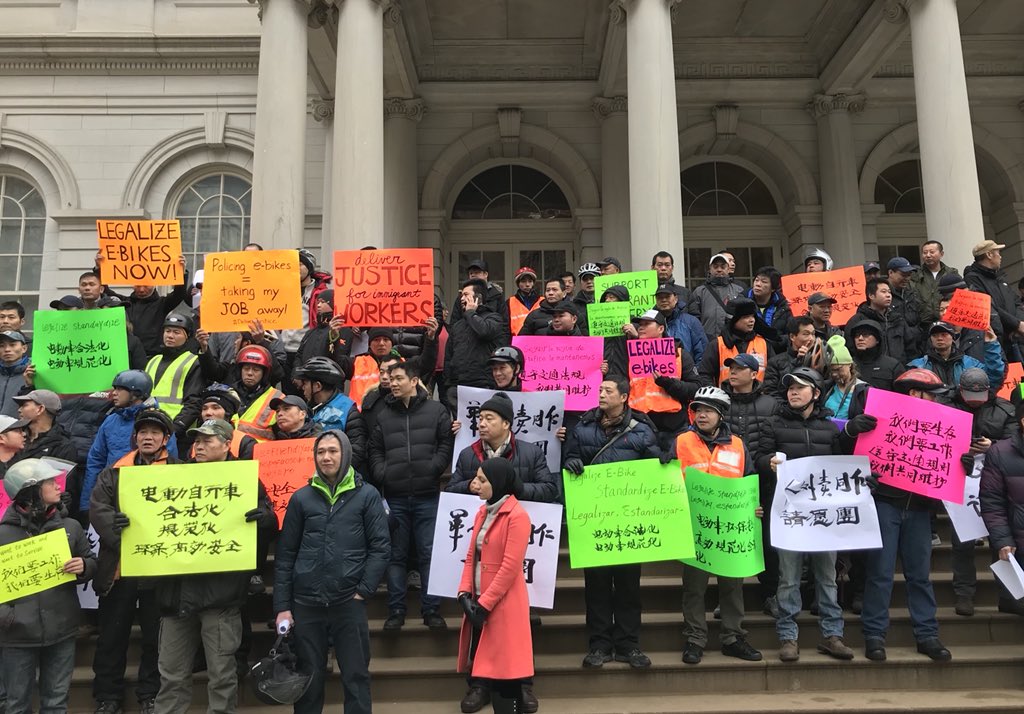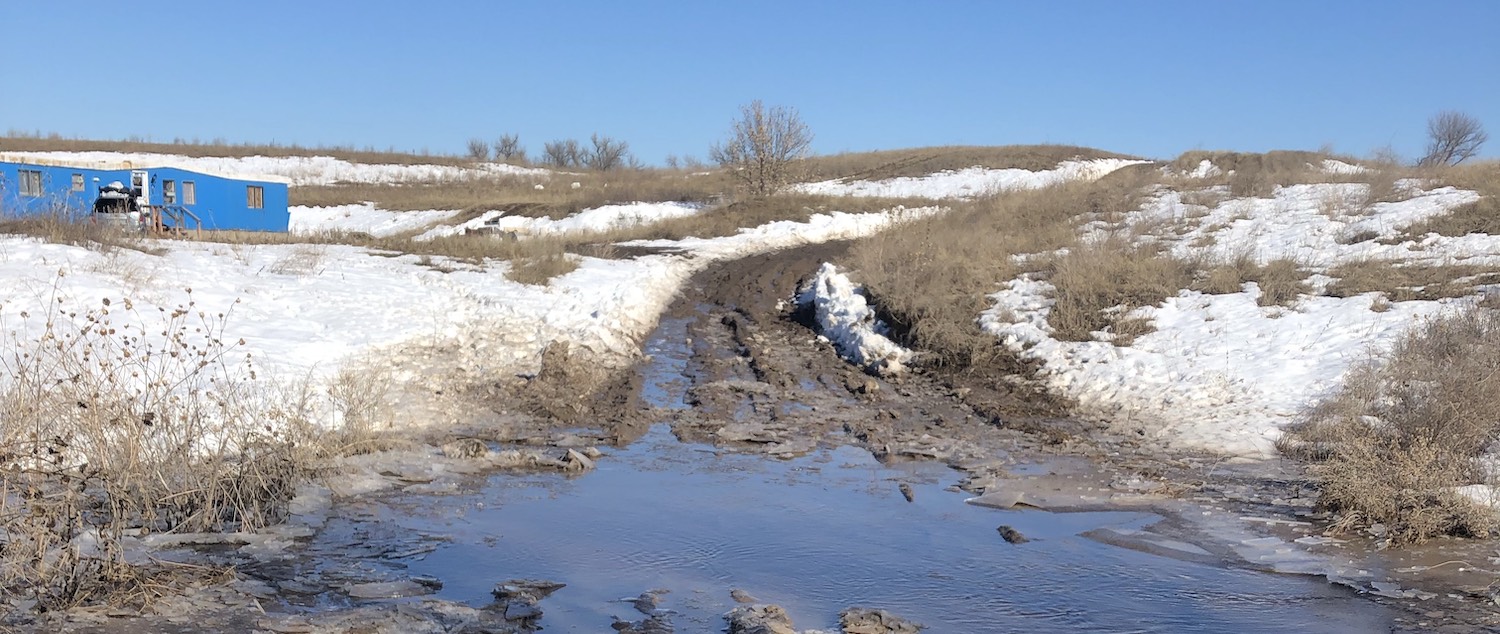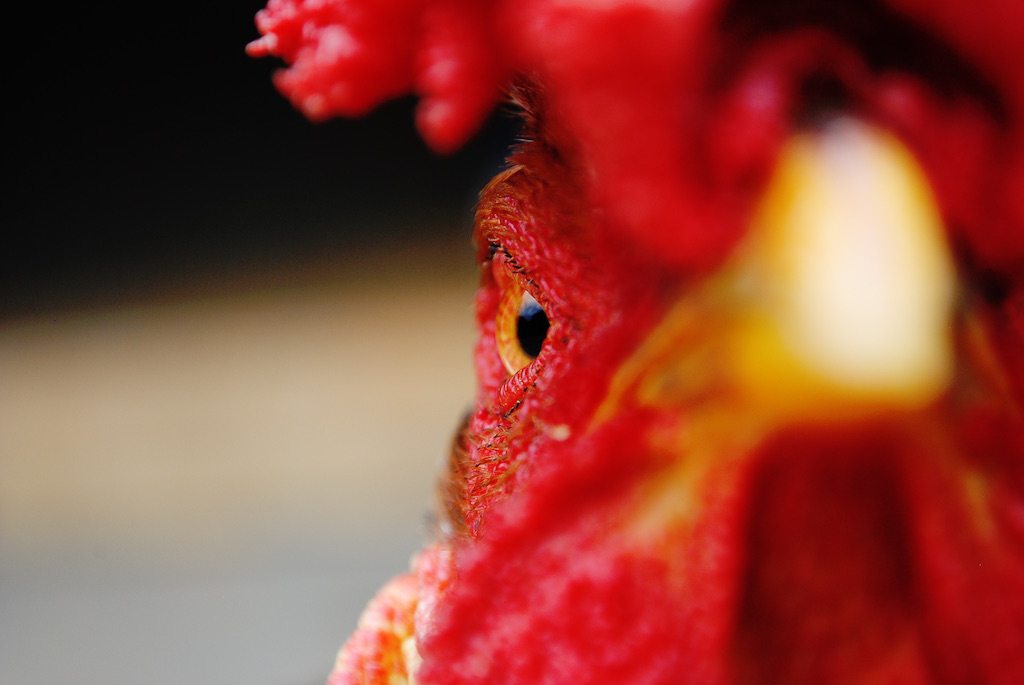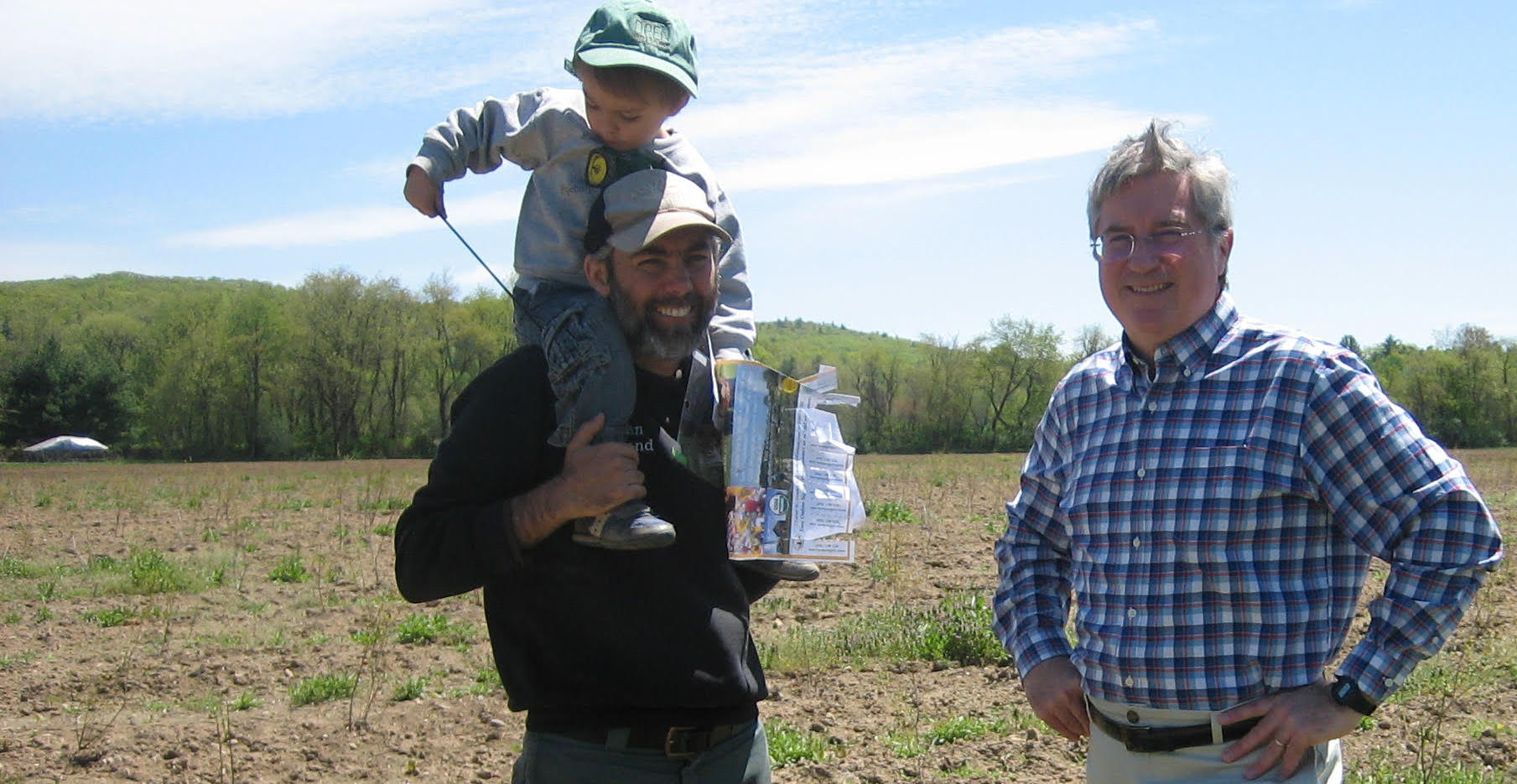
Jan Ellen Spiegel
Ryan Voiland did something truly amazing this spring. He planted blueberries.
True—you basically dig a hole and plop the plant in. But it takes years for them to produce berries. “You can’t plant a long-term crop like fruit if you’re not going to be there long-term,” Voiland says, standing at the edge of a 10-acre field now dotted with about four-and-a-half acres of tiny blueberry bushes.
But now he expects to be. Thanks to a first-of-its-kind service called the Legal Food Hub, there’s a better chance that Voiland’s Red Fire Farm, with some 200 acres of cropland and two farm stores in the Pioneer Valley of western Massachusetts, will be around to sell those blueberries.
Farmers in New England in particular, where farms are small and land is expensive, face extraordinary pressure from non-agricultural land developers dangling big paydays. Often farmers are one bill—legal or otherwise—away from losing it all.
In Voiland’s case the legal assistance was for complex land acquisitions that included state purchase of development rights, land trusts, bridge loans, delays, a balky seller, and a whole lot of i’s to dot and t’s to cross—made more complicated by financial setbacks due to a drought in 2016.
The Food Hub paired him with Rich Cavanaugh, an attorney with expertise in land and real estate issues, a fondness for the local food movement, and a willingness to do pro bono work—at least some of the time.
“It’s great to be a foot soldier in the local food movement. And that’s how I see this—as being a way to contribute,” says Cavanaugh, who helped Voiland purchase two fields in Granby, Massachusetts.
 Jan Ellen Spiegel
Jan Ellen Spiegel Thanks to a first-of-its-kind service called the Legal Food Hub, Ryan Voiland’s Red Fire Farm, in the Pioneer Valley of western Massachusetts, has a chance at sticking around long term
“Rich has been great—he really understands the deeper issues that go along with land preservation and farming,” Voiland says. “It’s wonderful to have someone who has that breadth of understanding.”
That’s no fluke. The Legal Food Hub, which was started and is run by a well-known New England environmental advocacy organization called the Conservation Law Foundation (CLF), takes great pains to carefully pair clients and attorneys.
Jennifer Rushlow, the senior attorney at CLF who came up with the Food Hub idea and is now CLF’s director of farm and food, says the factors they evaluate include: the nature of the legal issue, location, the personality of the farmer or business owner, and what kind of lawyer he or she might work best with. Then she makes a targeted call.
Many farmers, Rushlow says, are not breaking even—let alone making a profit. “Those are not businesses that can afford to make big legal mistakes.”
In the four years since the service was rolled out in Massachusetts (followed by Maine about a year later, Rhode Island in fall of 2016, and in the last few months, Connecticut), the Hub has handled more than 315 cases through some 150 law firms. Rushlow estimates that’s about $2 million worth of legal work, had it been billed.
Finding attorneys expert in food safety turned out to be a problem, so Rushlow had to line up lawyers in Washington, D.C. and New York. The Hub provides training to lawyers on these and other food issues though workshops, webinars, and written guides. And it helps lawyers get a better feel for farmers, a notoriously ornery, do-it-yourself bunch that views spending money on legal services as an expense they’d rather avoid.
“Particularly farmers prefer to do things on their own many times,” she says. “It’s expensive to talk to lawyers. I think there’s a reputation that lawyers are acrimonious and can just kind of make things more contentious than they need to be.”
 Fresh Food Generation
Fresh Food Generation Fresh Food Generation is a farm-to-table catering company located in Boston. Photographed above, it hosts a pop-up garden in a bus lot. It launched in 2015 wit the help of the Legal Food Hub
To get the word out, the Hub used anything it could think of, from simple tables at farmers’ markets to notifying organizations such as state agriculture departments, farm organizations, land use groups, food incubators, and small business assistance organizations that it was open for business.
For many, the Food Hub’s services have been nothing short of lifelines.
Cassandria Campbell isn’t sure the company she and her partner Jackson Renshaw founded in Boston in 2015 would still be in business without the Food Hub.
The partners needed an operating agreement and term sheets for potential investors. The Food Hub paired them with attorney Joshua Fox from the top-flight Boston law firm WilmerHale. Fox specializes in helping emerging technology and biotech businesses raise venture capital, so the leap to Fresh Food Generation wasn’t too extreme.
Campbell answers bluntly about whether they could have pulled everything off without Fox. “No, not all, there’s no way,” she says. “We had no clue what we were getting into in terms of the amount of documents we would have to sign, the amount of compromising we would have to do with our investors.
Fox was thrilled to hear that. “That’s why I do what I do on the pro bono side,” he says. “I want to be able to help people who might not otherwise get either the advice at all, or the quality of the advice or the attention that they should get.”
Chuck Currie at Freedom Food Farm in Raynham, Massachusetts, is a three-time Food Hub user. Once for entity formation—the most commonly used of the Food Hub’s services to date. In Freedom’s case it was an LLC. Another involves a land ownership issue—the second most common Food Hub use. Currie found community members to buy the 90-acre farm he’s been leasing so he can continue farming it, and a Food Hub attorney is handling the legal work for it.
But the third instance is one of the Food Hub’s more unique cases. A tow truck company at a farmers’ market damaged some of Currie’s property, and when the insurance company still hadn’t paid up after nine months, the Legal Food Hub went after the $2,800 Currie was owed.
 Earth Care Farms
Earth Care Farms Without help from the Legal Food Hub, Earth Care Farms’s owner is sure that the property would have been developed into condos by now.
“It’s not much to the towing company but to us, it’s significant,” Currie says. “It’s been great. Farmers kind of live in a different economy. I always say I don’t mind working for $9 an hour so much as I mind paying somebody $100 an hour to file some paperwork or fix the truck or whatever.”
The Food Hub, he says, “makes legal help available to us that otherwise wouldn’t be.”
In Lewiston, Maine, Jonah Fertig-Burd, director of cooperative food system programs at the Cooperative Development Institute, is working with two groups of Somali Bantu immigrants. One group has used the Legal Food Hub to incorporate as an agricultural cooperative called New Roots Cooperative Farm. The other, Isuken Cooperative, is starting a farm-to-table food truck, and the Food Hub is providing permit and regulation help.
“They’re very appreciative of that support,” Fertig-Burd says. “I don’t think they totally realize how valuable that is and how much legal services generally do cost. “
Without help from the Legal Food Hub, Jayne Merner Senecal is pretty sure what Earth Care Farm, in Charleston, Rhode Island, the farm her dad started it in 1977 would be now—condos.
He had an estate plan to divide the farm among his three children, but only Senecal wanted it.
Without the Legal Food Hub they couldn’t have afforded to do anything, she says. “We would have waited for our parents to die and it would have been a nightmare. That’s the kind of thing that splits families.”
It took a bit of doing for her father to accept pro bono legal work. In the end, the lawyer came up with a straightforward, simple plan. The family had to fill out a few forms and pay a $30 filing fee.
“The whole family kind of walked away from the process relieved; especially for my dad. It really gave him peace of mind,” says Senecal, who is back to doing what the farm has done for decades—raising cattle, growing strawberries and a few other crops, and making a whole lot of compost.
“Small farms have been left behind. The fact that small farmers aren’t always acting like small businesses in the sense of keeping their legal needs on the up and up is hurting them,” she says. “Farms aren’t like every other business. They’re producing something that we all need. We all have to eat. They’re stewards of our land, of our natural resources. And I think it makes perfect sense for the legal community, which enjoys a lot of privilege, to lend a hand there.”
For Voiland at Red Fire Farm that hand is welcome, but doesn’t eliminate the other struggles: money—always, the effects of this year’s cold and rainy spring, but most immediately chasing down an umbrella turned play toy for his 3-year old son Chester that is now ballooning across the 10 aces of his new land. It’s land that will be plowed and planted with beets, carrots, potatoes, and sweet potatoes for this season and years from now, with fully-grown blueberry bushes that would have stopped the wayward umbrella.
“All I can say is, I keep trying,” Voiland says. “I’m very appreciative that Rich has helped us out and we got to this point.”

